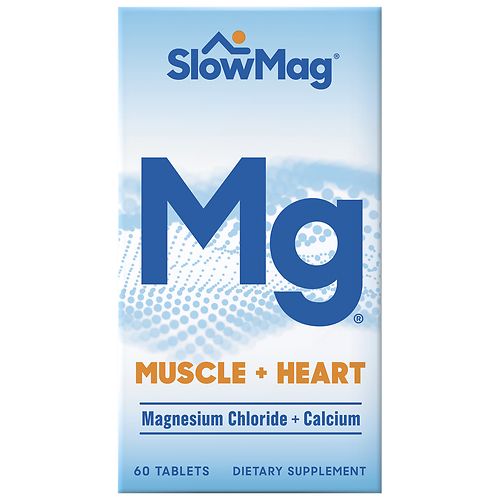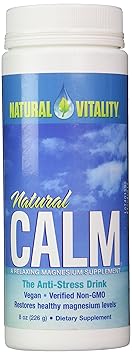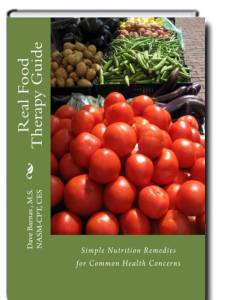 Muscle cramps can be very painful. Ask a trainer, nutritionist, or doctor what causes them and you’ll probably hear that you’re dehydrated, not getting enough potassium or enough calcium. All contributors, yet the real reason is based on low levels of magnesium.
Muscle cramps can be very painful. Ask a trainer, nutritionist, or doctor what causes them and you’ll probably hear that you’re dehydrated, not getting enough potassium or enough calcium. All contributors, yet the real reason is based on low levels of magnesium.
How Does Magnesium Affect Cramps?
Magnesium is a mineral in our cells that calms muscles, nerves and brain activity. When magnesium levels are low, they open the door for twitchy muscles, nerves, etc. If muscles and nerves get overwhelmed with stress from vigorous exercise, emotional swings, lack of sleep or poor food choices, twitchy muscles become cramped muscles.
Where Does Magnesium Come From?
Because magnesium is very important for muscles, it’s important to fuel them well with the right foods such as dark green vegetables. But, be careful not to boil those vegetables or you’ll lose the magnesium in the water. Instead, try steaming them until they are ‘al dente’ (to the tooth) rather than so soft you don’t have to chew.
Magnesium is also prevalent in many meats and while cooking, magnesium will likely be lost. So when preparing meat, try to catch the drippings and put them back on the meat before you eat it.
What if You Don’t Get Enough in Food?
If you struggle to get adequate magnesium from foods and cramps persist after exercise or at night, the easiest option is to supplement it with 3 slow release magnesium tablets for 20 days with Slow-Mag™*. Most people’s cramps stop within two weeks of starting this dose of Slow-Mag™, but it’s important to continue taking the full 20 day regimen to keep the levels up. 
*Slow-Mag™ is tested and true and the only significant risk with this oral supplement is for people with severe kidney failure. If you have a kidney problem, consult with your physician first. Also, while the slow-release formula with chloride is a bit more expensive than the common magnesium oxide, it is better for you because the oxide form causes diarrhea while the gluconate forms contain too much sugar.
What if you only cramp once in a while?
If you’ve exercised or been working intensely, sometimes your muscles with get really tight and ache. In addition to foam rolling to get rid of tight muscles, you can go with a “weekend warrior” approach to magnesium. This is where you take a little here and there – only as needed.
I’ve tried it and it works for me. My wife too. Same with clients.
Just a little powder magnesium from time to time when my muscles are sore or cramping – usually after hard workouts or long days working outside. I get the magnesium via a product called calm. Calm is safe and effective option.




